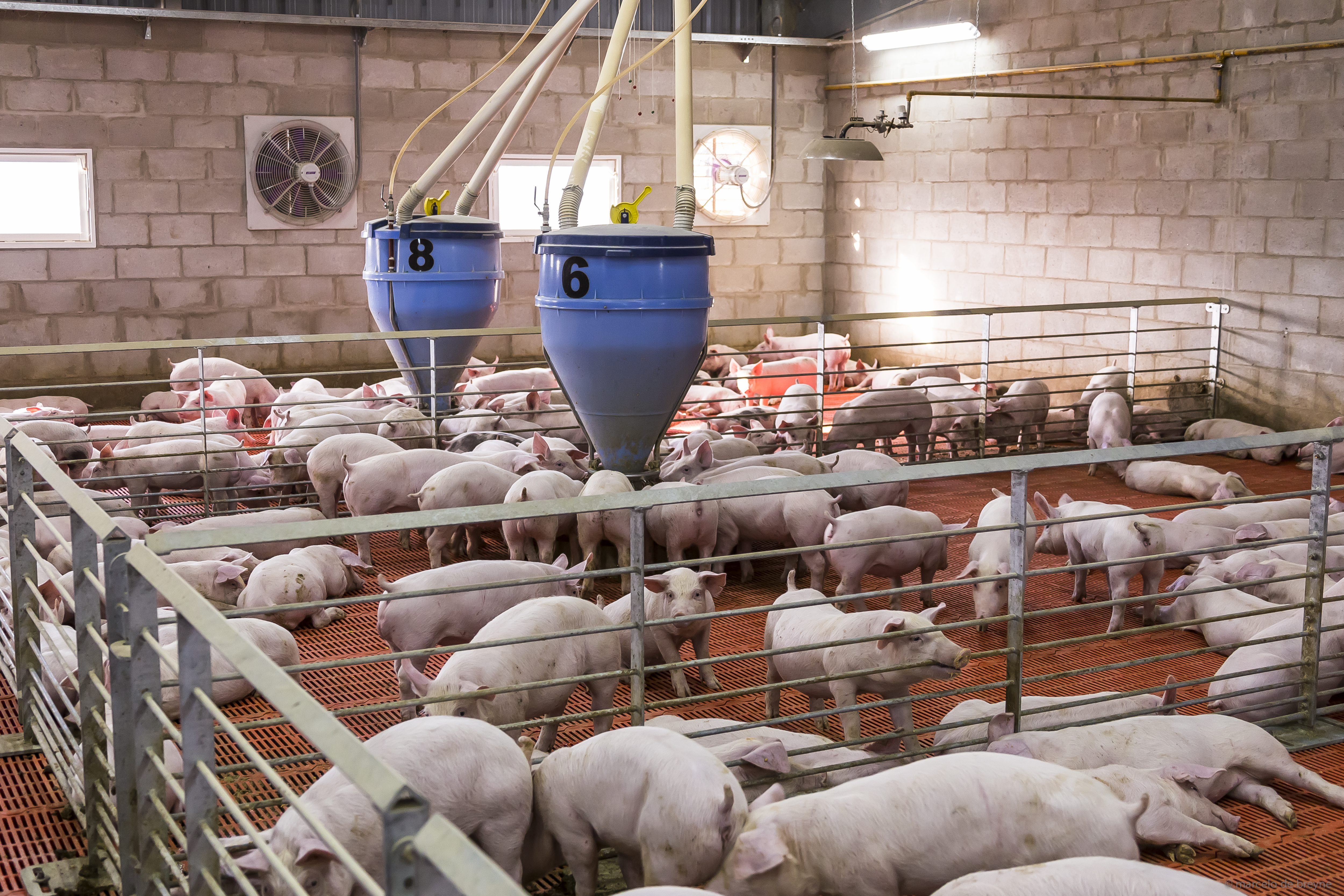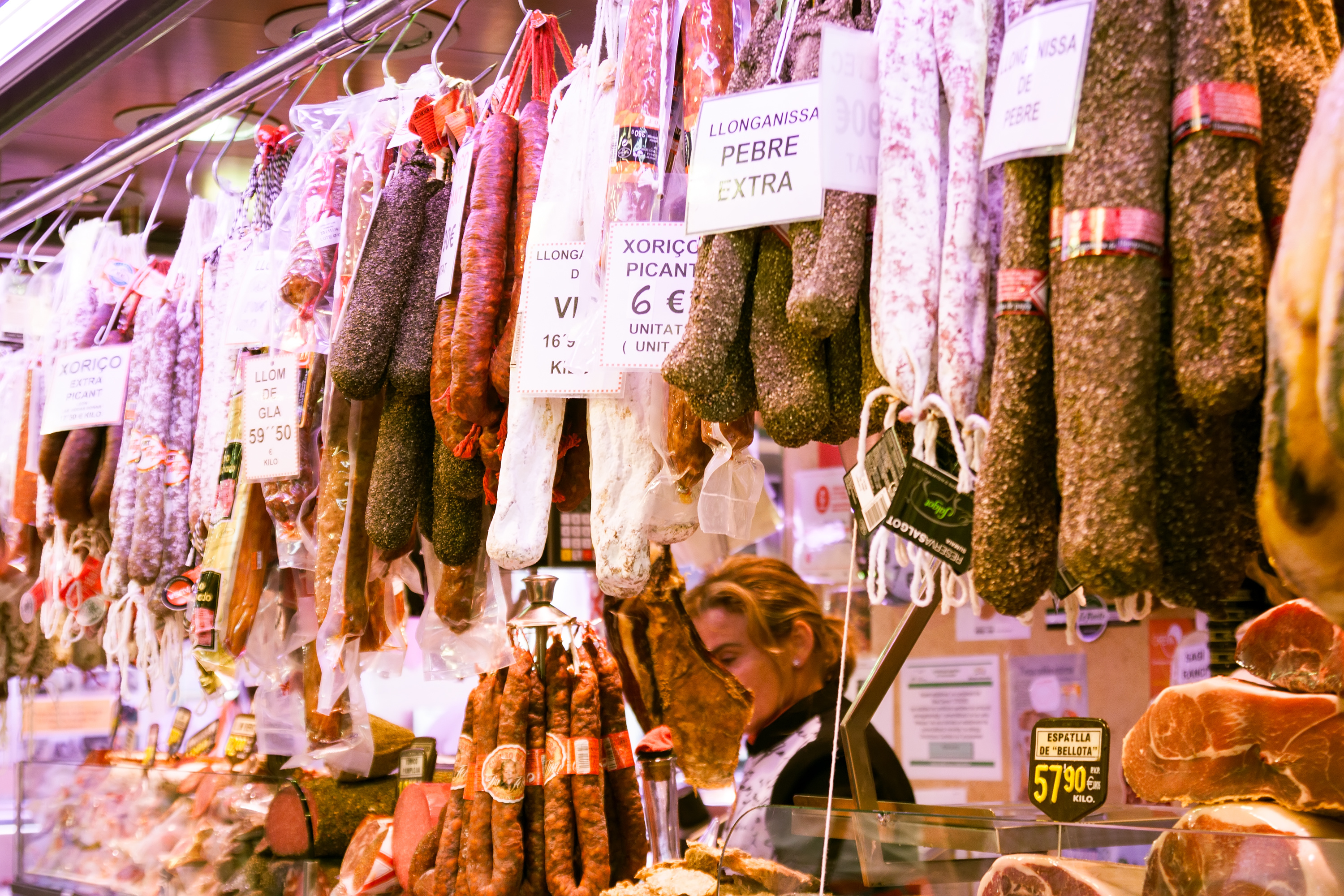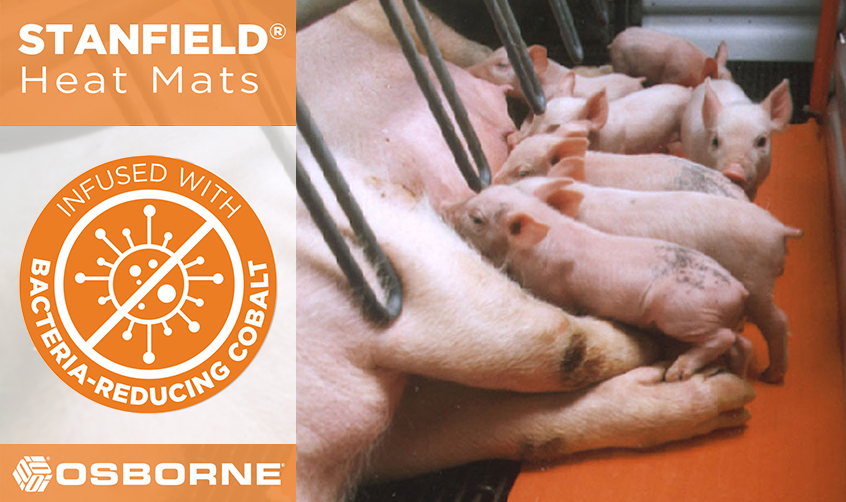



Spain emerges as leading player in EU pork sector
Spain is on track to take over as the European Union’s top pork producer this year, toppling Germany from its dominant position.When he was a child in Avila province, Albert Pascual's father bought 100 pigs, but the company he now leads has more than 9,000 – part of a major expansion that has put Spain on track to take over as the European Union's top pork producer this year.

"My father sold pigs at a time, in the 1990s, when this sector practically did not exist. Now we (Spain) are a world power, we have grown a lot and our company has grown in parallel to the development and growth of this sector," Pascual said.
Reuters reports that Germany has long topped the table of EU pork producers, but an outbreak of African swine fever (ASF) in September 2020 among wild boars meant it lost access to the lucrative Chinese market.
That has accelerated a shift in EU production towards ASF-free Spain that was already underway, helped by its less onerous regulations in areas such as planning and use of manure.
China is by far the largest export market for EU pig products, accounting for about 56% of sales so far in 2021, according to European Commission data.

The country's appetite for imported pork has soared following its own ASF outbreak which has ravaged its vast hog herd, the world's largest.
"The fact that in recent years it (China) has been affected by African swine fever has caused demand to skyrocket," said Ramon Soler Ciurana, export manager of Faccsa-Prolongo, a pork producer in Malaga in the south of Spain which is expanding its pork packaging and freezing facilities.
EU shipments of pig products to China totaled 3.34 million tonnes last year, up more than 60% from 2.31 million in 2019 and almost triple the 1.28 million in 2018.
Exports have remained high this year and totaled 1.86 million from January to July, down just 0.1% from a strong 2020, EU data shows.
"It is taken for granted in the industry that China, no matter how hard it runs or tries to find alternatives, will not be able to get back to normality within four years," Soler said.
Investment in Spain
German pork processor Toennies is among those investing in Spain.
The company, based in Rheda-Wiedenbrück in the west of Germany, is building a meat packing and slaughterhouse plant in Calamocha in Spain, costing about €75 million ($87 million).
Operations will start in 2023 and the plant will slaughter 2.4 million animals a year, with up to 1,000 jobs created.
"The pork market in Spain is looking attractive and the political framework is positive," said Andre Vielstaedte, a spokesperson for Toennies.
"Our new Spanish plant will be aimed exclusively at exports to markets including pork ribs to North America, bellies to Japan and other products such as pigs’ feet and ears to China and elsewhere in Asia."
Vielstaedte said Germany remained the company's "core market," but ASF was just one factor making it less attractive for pig farming and the international marketing of pork.
"We have a one sided regulatory burden ... as animal welfare and protecting the environment create extra costs and need new investment, but which are often not faced by farmers in other countries," he said.
($1 = €0.8622 euros)








